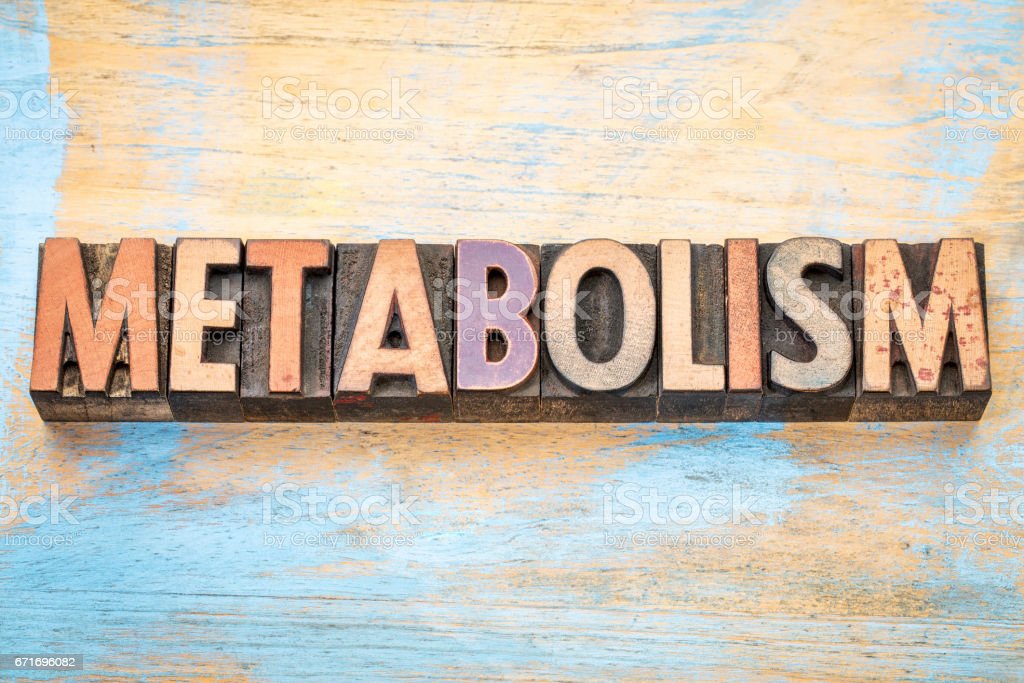Metabolism describes all the chemical reactions in your body that keep one’s body alive and functioning.
Metabolism is also responsible for converting nutrients from the foods you eat into fuel. This provides your body with the energy it needs to breathe, move, digest food, circulate blood, and repair damaged tissues and cells.

However, Metabolism is often used to describe your Basal Metabolic Rate (BMR) or the number of calories you burn at rest.
The higher your metabolic rate, the more calories you burn at rest. Many factors can affect your metabolism, including your age, diet, sex, body size, and health status.
Following are the 9 ways to boost up your metabolism: –
- Eat plenty of protein at every meal
Eating food can temporarily increase your metabolism for a few hours. This is called the thermic effect of food (TEF). It is caused by the extra calories required to digest, absorb, and process the nutrients in your meal.

Protein causes the largest rise in TEF. Dietary protein requires 20 to 30 percent of its usable energy to be expended for metabolism, compared to 5 to 10 percent for carbs and 0 to 3 percent for fats.
Eating protein has also been shown to give you a greater sense of fullness and prevent you from overeating. Eating more protein can also reduce the drop in metabolism often associated with losing fat. This is because protein helps prevent muscle loss, which is a common side effect of dieting
- Drink more water

People who drink water instead of sugary drinks are often more successful at losing weight and keeping it off. This is because sugary drinks contain calories, so replacing them with water automatically reduces your calorie intake. However, drinking water may also temporarily speed up your metabolism. Water can also help fill you up if you are looking to lose weight.
- Do a high intensity workout
High intensity interval training (HIIT) involves quick and very intense bursts of activity. If this type of exercise is safe for you, it can help you burn more fat by increasing your metabolic rate, even after you have finished your workout. This effect is believed to be greater for HIIT than for other types of exercise.
Photo by Julia Larson
- Lift heavy things
Muscle is more metabolically active than fat. Building muscle can help increase your metabolism to help you burn more calories each day, even at rest. Lifting weights can also help you retain muscle and counter the drop in metabolism that can occur during weight loss.
- Stand up more
Sitting too much can have negative effects on your health. This is partly because long periods of sitting burns fewer calories and can lead to weight gain.
Standing or stepping at work was associated with lowered cardiometabolic risk (CMR) scores, weight, body fat, waist circumference, systolic and diastolic blood pressure, and fasting triglycerides, total/HDL cholesterol, and insulin. However, stepping rather than standing resulted in greater improvements to lower systolic blood pressure and insulin resistance.
If you have a desk job, try standing up for short periods to break up the length of time you spend sitting down. You can also try going for walks during the day or invest in a standing desk.
- Drink green tea
Green tea has been shown to increase metabolism and fat burning. These teas help convert some of the fat stored in your body into free fatty acids, which may increase fat burning when combined with exercise. As they are low in calories, drinking these teas may be good for both weight loss and weight maintenance.
It is thought their metabolism-boosting properties may help prevent a weight loss plateau in people who are losing weight that occurs due to a decrease in metabolism.
- Eat spicy foods
Peppers contain capsaicin, a compound that can boost your metabolism. However, many people cannot tolerate these spices at the doses required to have a significant effect.
The effects of capsaicin at acceptable doses. It predicted that eating peppers would burn around 10 additional calories per meal. Over 6.5 years, this could account for 1 pound (0.5 kg) of weight loss for an average-weight male. Alone, the effects of adding spices to your food may be quite small. However, it may lead to a slight advantage when combined with other metabolism-boosting strategies.
- Get a good night’s sleep
Lack of sleep is linked to a major increase in the risk of obesity. This may partly be caused by the negative effects of sleep deprivation on metabolism. Lack of sleep has also been linked to increased blood sugar levels and insulin resistance, both of which are linked to a higher risk of developing type 2 diabetes. It has also been shown to affect levels of ghrelin, the hunger hormone, and leptin, a hormone that controls fullness (satiety).
- Drink coffee

Caffeine in coffee can help temporarily boost metabolism. Like green tea, it may also promote fat burning. If your goal is weight loss, several studies have found that coffee’s effects on metabolism and fat burning may contribute to successful weight loss and maintenance.
The Bottom Line
Making small lifestyle changes and incorporating these tips into your routine can help increase your metabolism. Having a higher metabolism can help you lose weight and keep it off, if that is your goal, while also giving you more energy.


